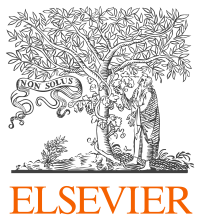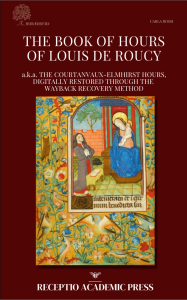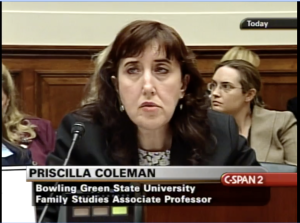Lawyers who represented Carlo Croce, a cancer researcher at The Ohio State University in Columbus, in failed libel and defamation suits – and who later sued him for not paying his tab – have won a judgment for $1 million against the scientist.
The judgment, dated Dec. 8, 2022, orders Croce to pay just shy of $1.1 million plus interest to Kegler Brown Hill + Ritter, of Columbus, one of the firms that represented him in his libel lawsuit against the New York Times and his defamation case against David Sanders, a researcher at Purdue University in West Lafayette, Ind., both of which he lost.
The firm sued Croce in 2020, seeking more than $920,000 in unpaid fees. After the case went to trial, a jury awarded the full amount to the firm in damages, and the judge ruled that the lawyers were entitled to prejudgment interest at a rate of 4%, totaling an additional $175,000. The judgment amount can continue accruing interest, and Croce is responsible for the court costs.
In his post-trial decision, judge Richard A. Frye wrote:
Continue reading Judge orders OSU cancer researcher to pay $1 million to lawyers from failed libel suit







